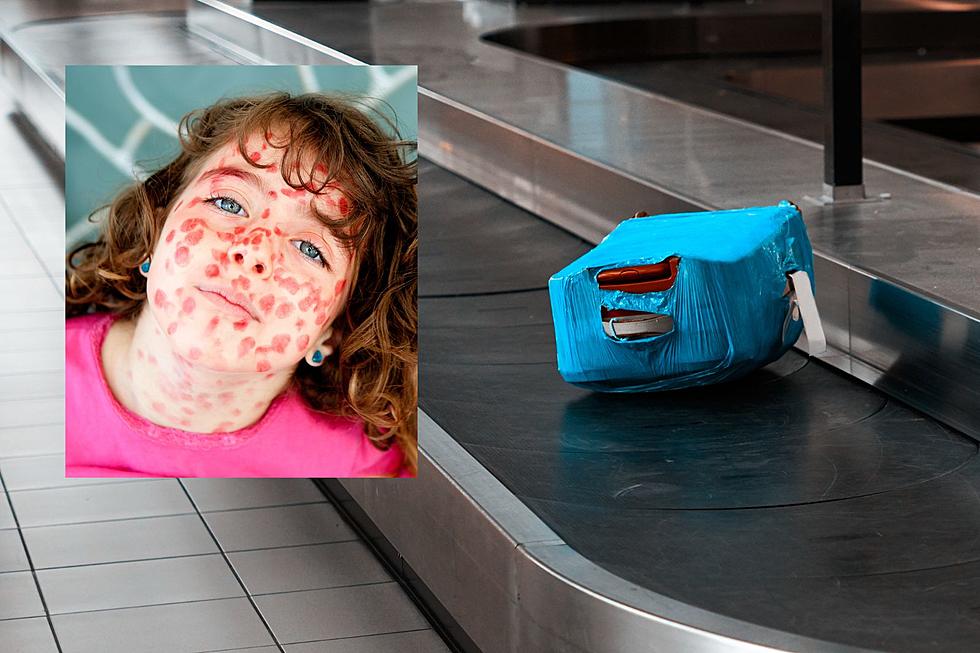
Were You Exposed to Measles at Denver International Airport? Case Confirmed in Colorado
Somewhere around 187,000 people go through Denver International Airport on any given day. That's a lot of germ exposure even if you are super careful, most of us are not.
Living through a pandemic made most of us realize how we could do a few extra things to keep from getting sick from being in public places, masks and hand sanitizer come to mind.
Last week, on December 13, a child who spent a little over 3 hours at the Denver International Airport tested positive for Measles. Measles is a disease that has almost been eradicated through vaccinations, but not quite. The vaccination status of this child is unknown.
When and Where Was the Exposure of Measles in Colorado?
The Colorado Department of Public Health and Environment (CDPHE) share possible exposure locations and times as follows:
What Are The Symptoms of Measles?
Measles is a highly contagious and serious infection for people who have not received the MMR (measles, mumps, rubella) vaccine. Measles usually consists of a fever, cough, runny nose, watery eyes, and a rash on the face that sometimes covers the rest of the body. Measles complications can include seizures, brain damage, ear infections, pneumonia, and death.
How Does Measles Spread?
According to the CDPHE "Measles is spread through the air and can remain in the air for up to two hours. Signs and symptoms of measles typically begin 7 to 14 days after exposure but may take up to 21 days to appear. A person with measles is contagious for four days before and four days after the rash appears."
How Many Kids in the United States Are Vaccinated?
According to USA Facts, the number has declined a bit in recent years, but during the 2021-2022 school year 93% of kids had received vaccinations for MMR, DTaP, polio, and varicella.

KEEP READING: What were the most popular baby names from the past 100 years?
LOOK: Here Are 30 Foods That Are Poisonous to Dogs
Gallery Credit: Rachel Cavanaugh





